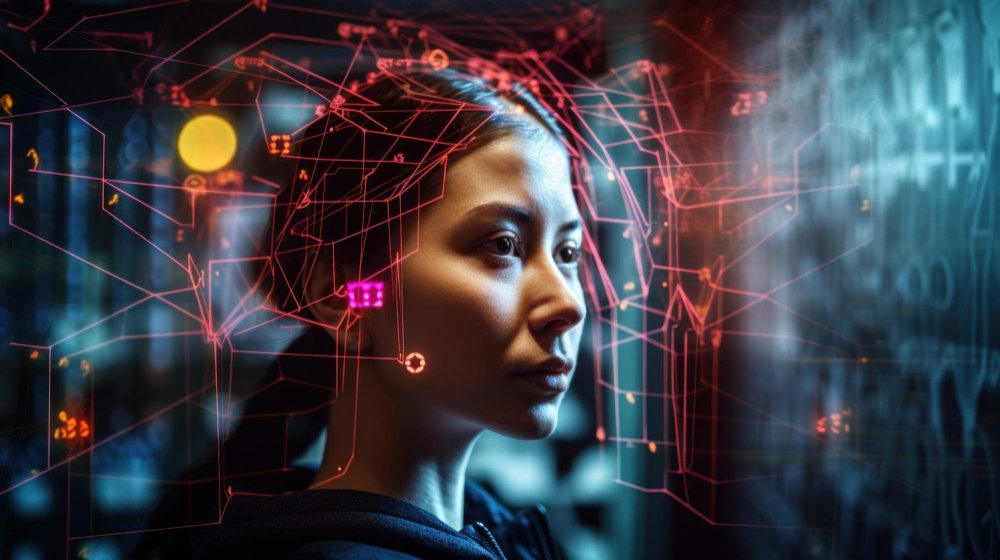Artificial intelligence (AI) and deepfake technology have brought both promising advancements and potential threats to the world of video production. While AI-driven tools have improved various aspects of video creation, they have also raised concerns regarding misinformation, privacy violations, and security risks. Here are some of the major threats associated with AI and deepfakes in video production:

Misinformation and Fake News: Deepfake videos can be used to create convincing fake content, such as political speeches, celebrity statements, or news reports. This raises concerns about spreading false information and manipulating public opinion.
Privacy and Consent Violations: AI-powered tools can easily manipulate videos to insert people into situations they were never part of, potentially violating their privacy and consent. Personal or sensitive information can also be fabricated, leading to serious consequences for the individuals involved.
Fraud and Social Engineering: Deepfake technology can be exploited to commit fraud by impersonating someone and deceiving others for financial gain or other malicious purposes. For example, scammers could use deepfakes to create convincing video calls or messages to trick people into sharing sensitive information.
Reputation Damage: AI-generated deepfake videos can tarnish the reputation of individuals, organizations, or public figures. These fabricated videos could be used to show someone engaging in inappropriate or illegal behavior, even though they never did.
Political Manipulation: AI-generated deepfakes could be used to manipulate elections or sway public opinion by creating deceptive videos of political candidates or public figures making controversial statements or engaging in inappropriate actions.
Legal and Ethical Concerns: Deepfakes blur the line between reality and fiction, leading to various legal and ethical challenges, including copyright infringement, defamation, and privacy issues.
Trust and Authenticity: As deepfake technology advances, it becomes harder to discern genuine videos from manipulated ones. This erosion of trust in video content can have significant societal implications.
Security Risks: The use of deepfakes in critical areas, such as national security or law enforcement, could lead to serious security threats. For instance, adversaries might use deepfake videos to impersonate officials and deceive security protocols.
Digital Identity Theft: AI and deepfake technology can be leveraged to steal a person’s digital identity, potentially leading to further cybersecurity risks and unauthorized access to sensitive information.
To address these threats, researchers, policymakers, and technology developers must work together to develop reliable deepfake detection methods, raise awareness about the potential risks, and establish legal frameworks to mitigate the harmful effects of AI-generated fake content.


